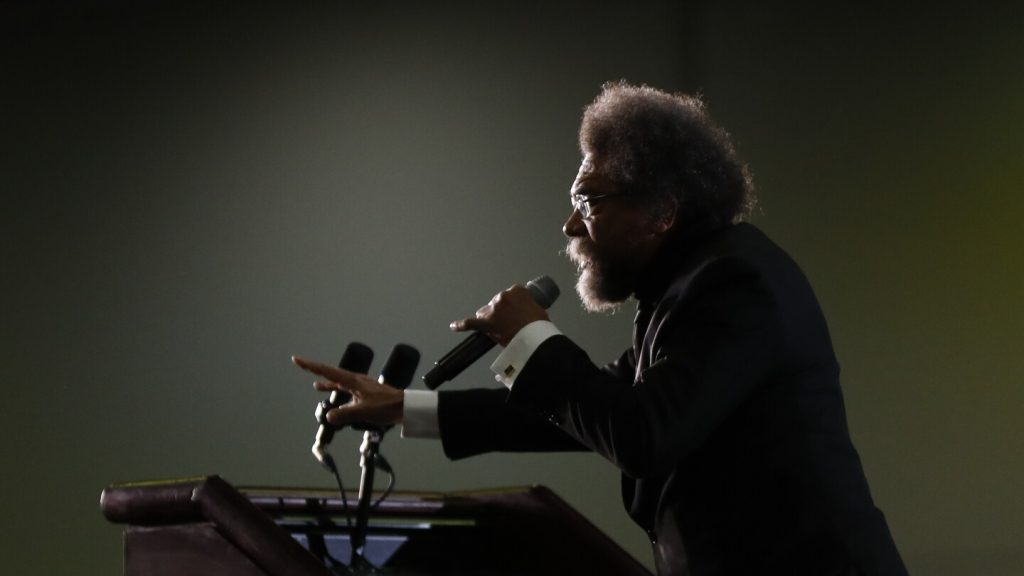Cornel West, an independent presidential candidate, has won a court ruling allowing him to appear on the ballot in Michigan after initially being disqualified. The judge determined that West’s campaign had submitted the proper number of signatures and that presidential candidates are not required to file affidavits of identity. This decision comes amidst legal and political battles as Democrats and Republicans try to navigate the potential impact of third-party candidates on the election. West, a leftist academic and progressive activist, is seen as a potential threat to Vice President Kamala Harris, prompting Republican allies in states like Arizona to support his ballot placement.
West’s candidacy in Michigan was challenged by the state Democratic Party, Democratic Secretary of State Jocelyn Benson, and a voter backed by a Democratic-aligned political action committee. Despite this, the court ruled in West’s favor, leading Benson’s office to announce plans to appeal the decision. West’s campaign hailed the ruling as a victory for democratic principles and voter choice, emphasizing their commitment to advocating for voters’ rights. This legal victory in Michigan followed a recent setback for West in Pennsylvania, where he lost a similar challenge to appear on the ballot.
The decision in Michigan came on the same day that another third-party candidate, Robert F. Kennedy Jr., suspended his independent campaign for the White House and endorsed Republican Donald Trump. This further complicates the landscape of independent candidates in the upcoming election, adding another layer of uncertainty to an already turbulent political environment. The involvement of third-party candidates like West and Kennedy Jr. has the potential to sway the outcome of the election, prompting strategic maneuvering from both major parties as they seek to protect their candidates and secure victory in battleground states.
The ruling in favor of West in Michigan highlights the complexities of ballot access and the role of third-party candidates in the electoral process. As the election draws closer, the influence of independent candidates like West continues to be a point of contention and concern for major party campaigns. The legal battles and political maneuvering surrounding West’s candidacy underscore the high stakes of the election and the efforts of all parties involved to secure their positions and maximize support from voters. With the appeal of the court’s decision pending and the broader implications of West’s candidacy in Michigan, the battle for the presidency intensifies as the campaign season reaches a critical juncture.


